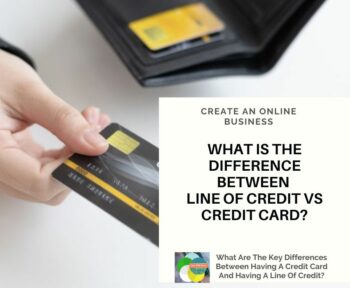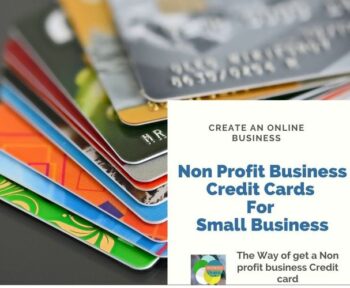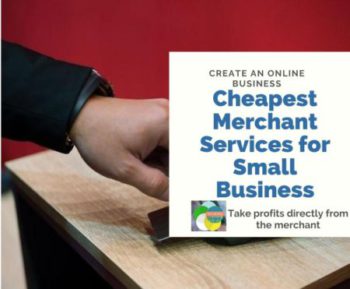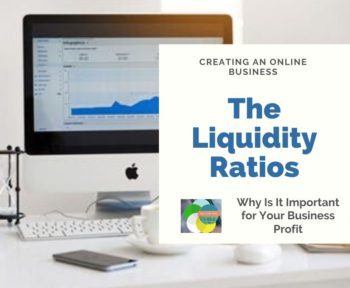You will most likely examine business financing alternatives such as loans, lines of credit, and business credit cards when you are researching the many financial instruments available to you in order to borrow money for the purpose of expanding your company. You shouldn’t have too much trouble comprehending the ins and outs of business loans; nevertheless, you could be confused by the distinctions between a line of credit and a credit card.
When it comes to a business, what is the most effective use of credit cards or lines of credit? How much of a credit history do you need to have in order to receive them? How soon do you need to make the payment to get the money back? Are you able to obtain cash? The answers to some of these queries and more like them will be provided in the following paragraphs.
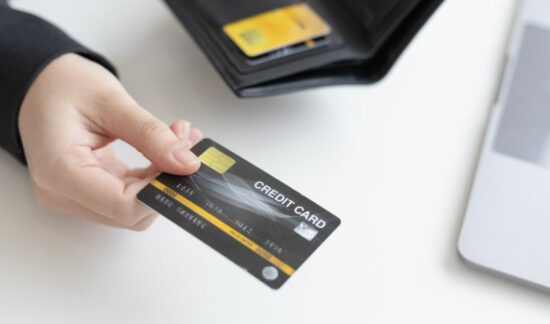
The Primary Distinctions Between A Credit Line And A Credit Card.
What are the key differences between a credit card and a line of credit? The most important distinction between the two is that with a line of credit, you may borrow money against a revolving credit line (instead of the lump sum you’d obtain with a loan), but with a credit card, you can make purchases and then pay for them with the credit you’ve been given.
Credit lines and credit cards, depending on the credit scores and other credentials you bring to the table, can either be secured or unsecured forms of credit. Lines of credit do not often come with incentive schemes, although credit cards sometimes do.
The interest rates on credit cards are often rather high, and there are costs associated with cash advances. In contrast, the interest rate on lines of credit is always the same.
Making The Decision Between A Credit Card And A Line Of Credit.
Your specific circumstances will determine the type of financial instrument that is most suitable for your situation. Are you seeking for a large credit limit so that you may access money when you need it for needs such as growing your business or employing additional staff? If so, you should look for a credit card that has a high limit.
Do you just require a means to buy equipment or office supplies, and do you find the prospect of receiving rewards on such purchases appealing?
Which kind of financial aid would you be qualified to receive? If your credit is low, you may only be able to create a secured credit card until you can demonstrate that you can pay your bills on time and develop your credit history. However, if your credit scores are good, you may be able to obtain unsecured loans or credit lines.
When Is It Appropriate To Use A Credit Card?
A revolving line of credit that you can access with a physical card is one of the benefits of having a business credit card. Depending on your credit history and other factors, you may qualify for either a secured or an unsecured credit card. If your credit scores are low, you may be requested to submit collateral in order to acquire the credit card.
This collateral is often in the form of an existing savings account. If you make all of your payments on time or even a day or two early, you might be able to qualify for an unsecured credit card once some time has passed. Credit cards are the most convenient method of payment for purchases that do not need the use of cash.
When making a purchase of used equipment from a private seller on Craigslist, it is more probable that the seller would only take cash payments rather than credit cards. You are nonetheless free to do so if you make frequent purchases of office supplies at a store or if you wish to cover expenditures that may be paid for using a credit card.
Credit cards can come with supplementary benefits, such as rewards cards. When you make purchases, you will earn points that may be redeemed for things like cash back, travel costs, or other goods.
Should I Pay Off A Line Of Credit With A Credit Card? Using A Credit Card.
In most cases, the variable interest rate on a credit card will be far greater than the rate that would be applicable to your line of credit; however, there are several situations in which this is not the case. If you are able to get an unsecured credit card with a 0% introductory annual percentage rate (APR), paying off a loan or credit line using that card might be a good financial move for you.
Keep in mind that your promotional interest rate will eventually expire, and that at that point, you might run up a lot of charges on the money you still owe. Because of this, it is essential to make payments that are higher than the required minimum on a monthly basis in order to reduce the amount of unneeded interest expenditure.
Be aware of any costs that may be linked with a cash advance if you find that you need one in order to pay off a line of credit. The majority of credit card issuers charge high fees for cash advances. If the cash advance costs you wind up paying end up being higher than the interest you would pay on the line of credit, having an APR of 0 percent may not be worth it to you.
Is There An Effect That Having Credit Cards Has On Your Credit Score?
Any debt that you incur on a credit card will have an effect on your credit scores; this is true for SBA loans, merchant cash advance loans, and the vast majority of other kinds of financial vehicles. The most important thing you can do to improve your debt-to-income ratio is to make sure that you pay your monthly credit card payment on time and in full whenever you are able to. Having more credit does help in this regard.
Not only can failing to make timely payments toward your credit card balance have a negative impact on your credit scores (even though the majority of creditors will give you a brief grace period before reporting the delinquent payment), but it can also result in additional fees being assessed to your account.
When Should You Make Use Of A Credit Line?
On the flip side, we also offer credit lines available. It’s possible that you’re already familiar with several personal lines of credit, such as a HELOC (home equity line of credit). The same is true for a line of credit for a firm, which is sometimes referred to as revolving credit.
You will not receive a quantity of money all at once, as you would if you took out a loan from a bank; rather, you will be granted a maximum credit limit against which you can borrow. Let’s imagine you’ve applied for and been granted a credit line of $1 million. You have the option of withdrawing $50,000 right now, $10,000 later, and even $500,000 in the not too distant future. You are not required to withdraw the full amount of money that you have been approved for.
You may qualify for either an unsecured or secured line of credit, based on your credit ratings and the other variables that go into the decision. If you opt for a secured line of credit, the lender may want collateral or even a cash deposit from you before extending the line of credit.
When you are unsure of how much money you will need for a project or in working capital over a period of time, a line of credit is the greatest financial tool to use. You may make use of it to relocate to a larger office space, place a larger order for merchandise, or recruit additional staff members. A line of credit is an excellent tool for maintaining a consistent flow of cash.
Should I Make A Payment On My Credit Card Using The Money From My Line Of Credit Instead?
This is the question that is the direct opposite of the one we just answered. If you have a significant balance on one or more credit cards that have a high interest rate, consolidating your debt with a line of credit might be an effective strategy for you, provided that the rate of interest on the line of credit is lower than the rates on your other cards.
Due to the high rates of interest and costs associated with cash advances from credit cards, this may also be a preferable choice. Make sure that you are able to make your payments on time if you plan to use your line of credit to reduce the amount of interest that you must pay on your debt.
Setting up payments to be deducted automatically from your company checking account is the simplest method to accomplish this, and you might save even more money if you paid off the balance of the loan before the end of the payback period.
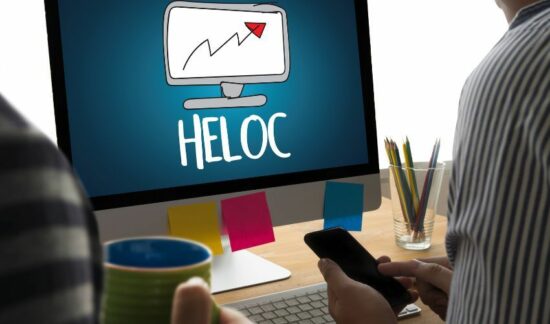
What Kind Of Effect Does Having A Line Of Credit Have On Your Credit Score?
Your credit line can have an effect on your credit score, much like other forms of credit, such as credit cards, invoice finance, or cash flow loans. Maintaining a good credit history might also have an effect on the amount of available credit you have. Your credit ratings will go up if you are consistent with making payments on time, and your lenders may opt to increase your credit limit because you are such a reliable borrower.
The Very Last Word
When you borrow money, in whatever form it may come, you take on a significant duty that needs to be taken very seriously. Because the debt you incur may have a long-term effect on your credit rating with many types of lenders, including traditional financial institutions, credit unions, and internet lenders, you should always make payments on time and keep an eye on your company’s credit report.
Be aware, too, that not only are late payments but also cash advances on credit cards can result in significant finance charges. If it is absolutely impossible for you to make the payment on time, contact the lender to see if you can get an extension on the grace period for your payment. This will prevent a drop in your credit ratings.

